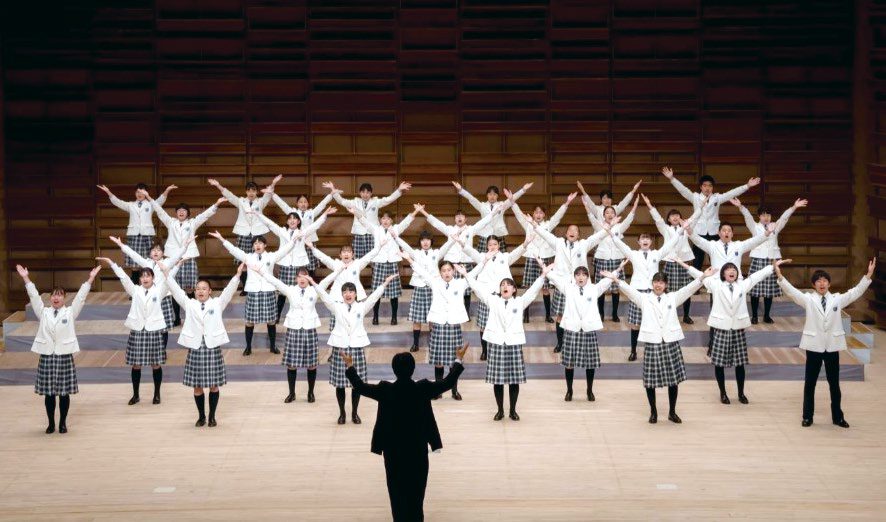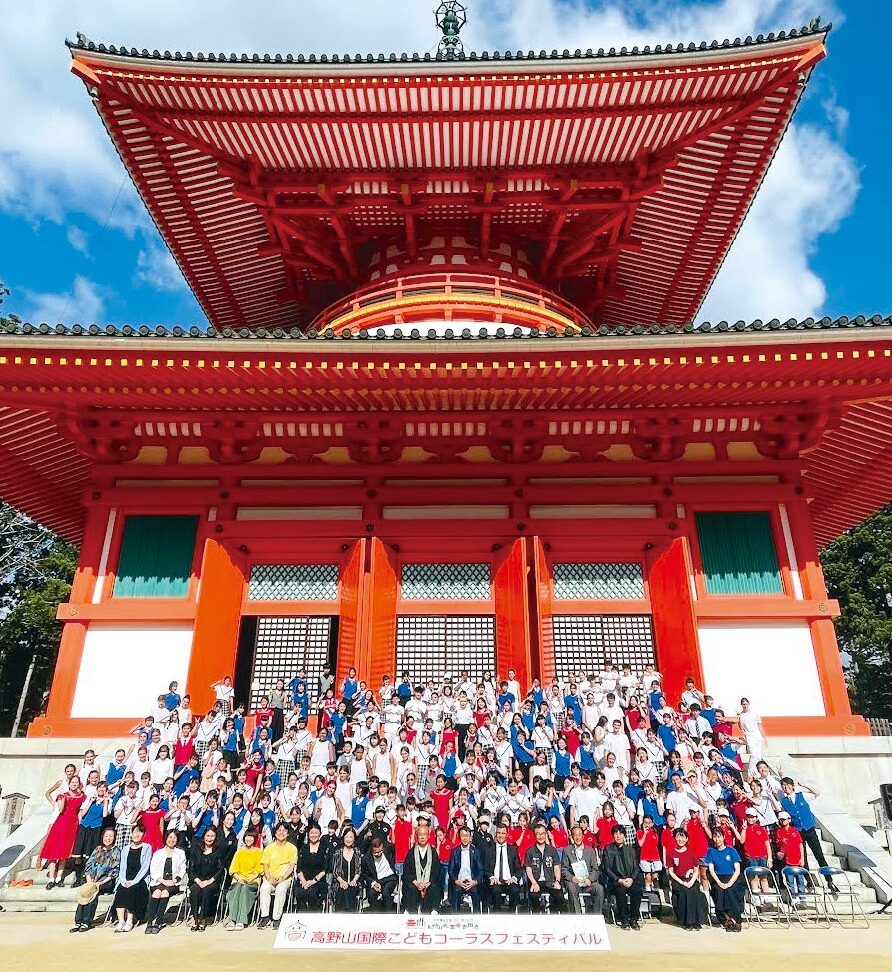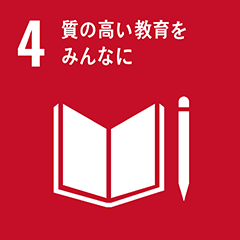Inochi Declaration
Believing in the “power of song”, establish hubs where every child who loves singing can regularly experience music in their own communities, and enable more children to cultivate the strength to live.
Music plays a powerful role in human development. In particular, singing—as a musical expression infused with words—carries the weight of history, culture, prayers, and emotions. Moreover, singing through vocalization and breath can contribute to physical well-being.
In every municipality across Japan, even the smallest ones, there are children who love to sing. Around 50 years ago, considered the heyday of choirs in Japan, many municipalities had children’s choirs, often exceeding 100 members.
However, with the progression of the declining birthrate and aging population from about 30 years ago, and as children’s time outside school became increasingly devoted to cram schools in Japan’s fierce competition for entrance examinations, children’s choirs have experienced steady decline. The COVID-19 pandemic in 2020 further exacerbated this, leading to the closure of many children’s choirs. Most that remain now operate with only a few members.
In response to this situation, the Art MICE Association is working to create local hubs where children who love to sing can participate in regular and sustained singing activities, even in small municipalities. A major challenge is securing local instructors for singing. Although many graduates from music universities enter society each year who have invested significant time in music since childhood, most cannot make a living from music alone. This reflects the broader reality that music is not yet fully recognized as indispensable to society in Japan.

Wakayama Children’s Choir

Kōyasan International Children’s Chorus Festival
In Western societies, the arts are regarded as essential to enriching Inochi. Local music schools not only offer education in the arts but are often among the region’s most prestigious institutions. Research shows that regular musical experiences from a young age help develop various abilities. In the UK, music is even used in integrative medicine, where music therapy complements pharmaceuticals and surgery in healthcare. In Japan as well, many outstanding instructors have emerged through local children’s choir activities, helping nurture talented individuals. Many children with developmental disabilities participate in these choirs, and singing-based therapeutic care has been practically implemented with notable outcomes. Through this experience, children with disabilities are able to lead rich and vibrant lives.
Art MICE is currently exploring how to incorporate “singing-based therapy” into child development support and after-school day services, which the government is currently promoting. In 2024, a major reform of welfare-related education policy was enacted, requiring after-school services to foster development across five domains essential for participation in society: health & daily life, physical activity & sensory development, cognition & behavior, language & communication, and interpersonal & social skills. Singing-based therapy encompasses all these five domains.
Moving forward, it is crucial to work in partnership with medical institutions and researchers to build solid evidence for its efficacy. If it can be shown that singing contributes meaningfully to child development, such therapy could become a valuable resource in welfare education facilities throughout Japan—supporting children’s growth and offering fulfilling, sustainable careers for those trained in music.
Music is a universal language, and singing is a musical culture practiced in every country. The Inochi Forum, together with organizations such as Art MICE, envisions a society in which children around the world gain the strength to live through singing-based therapy, enabling every Inochi to unleash its radiant light.
[References]
・Wakayama Children’s Choir: Aims for world peace through international exchange via children’s choral activities
・Koyasan International Children’s Chorus Festival: A peace initiative where children’s choirs from Japan and abroad gather in Koyasan, the sacred site of prayer founded by Kūkai (Kōbō Daishi), to deliver a message of peace through song
https://koyasan-chorus-festival.jimdosite.com/
・Five Domains: Health & Daily Life, Physical Activity & Sensory
Development, Cognition & Behavior, Language & Communication, Interpersonal & Social Skills
[Action Platform]
Education and Children
[SDGs]




